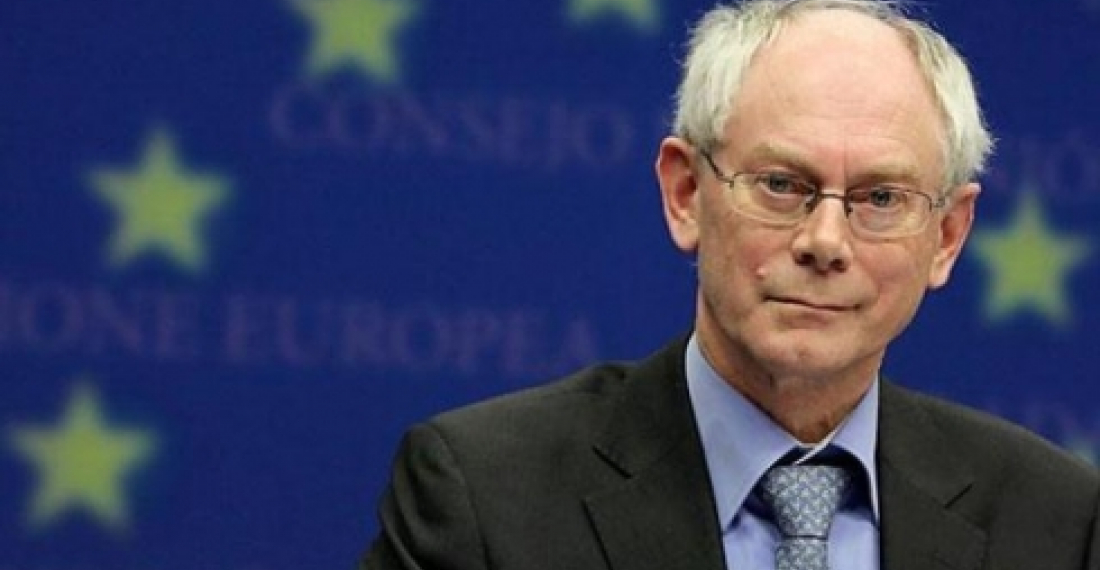The President of the European Council, Herman van Rumpoy will arrive in Yerevan on Tuesday at the start of a regional tour. This evening he will meet the Armenian president Serzh Sargsyan and afterwards the two Presidents will address a joint press conference.
Van Rumpoy will tomorrow address the Armenian Parliament, before travelling to Georgia. In Tbilisi Van Rumpoy will have a working lunch with President Saakashvili before travelling to Azerbaijan where on Thursday morning he will meet President Ilham Aliev.
Commonspace.eu political editor said in a comment: "The visit of the President of the European Council to the South Caucasus is an expression of the committment of the European Union to the region. It is likely that during his visit Herman Van Rumpoy will focus primarily on the EU's support for reforms in the three South Caucasus countries. The address to the Armenian parliament is significant. It emphasises the fact that the EU recognises that the last parliamentary elections on 6 May were an improvement on previous elections and that in Armenia now all the main political forces are in the parliament and that the parliament can serve as the forum for debating political issues in the country. The EU would like to see a similar situation emerge in Georgia and Azerbaijan. All three countries are engaged in negotiations on Association Agreements with the EU and this will be an important issue under discussion during the visit. Although Karabakh will not be the most important item on the agenda during the visit, Van Rumpoy is likely to continue exploring with the leaders of Armenia and Azerbaijan ways in which the EU can assist with the conflict resolution process."
source: commonspace.eu
photo: Herman Van Rumpoy, President of the European Council (archive picture)







